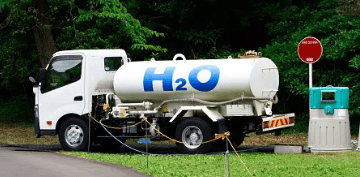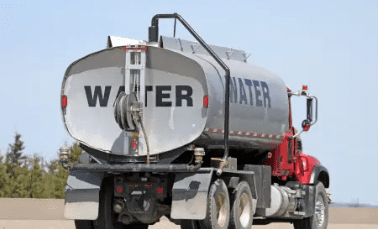Here is a problem recently encountered by Thames Water, which supplies water to nearly 16 million people. Some of its debts were downgraded to junk status by Moody’s, a well-known ratings company. This means it has broken the terms of its operating license. Normally, that would result in a huge fine from the regulator, Ofwat, but as Thames Water is already in a tight spot financially, Ofwat might hold off on any immediate big fines.

Presently, urgent talks are going on between Thames Water and Ofwat in an attempt to fix the management and finances of the company. These talks must end next month, come what may.
Thames Water plc in £15.2bn Debt. The company has been in troubled waters after its previous owners, including an Australian bank called Macquarie, took billions in dividends. If the talks fail, Thames Water might end up under the UK government’s control through a special administration regime. However, the company is still looking for new investments to avoid this fate.
Despite the downgrade, Thames Water said it has enough money to keep going until May next year. The company continues to engage with Ofwat on its financial issues and reassures customers and workers that it is business as usual.
This was a downgrade by Moody’s, a leading company in the world for credit ratings, and this is the company that rates agencies in relation to the risk of debt repayment. There is another downgrade hanging over its head by a different rating company, S&P.
Earlier this year, Thames Water warned that a downgrade was distinctly possible that would breach its license obligations. A key bond from Thames Water Utilities Finance plc part of Thames’s complex corporate structure overseen by Ofwat, was downgraded to Ba1. This is classified as a junk or non-investment grade rating.

Those were changed to investment-grade under a 2020 convention in order to enable water suppliers to hold their debts at that level and thus retain them as investments by the long-term investors—pension funds, for example—that tend to stay away from riskier, lower-rated debt.
Thames Water said it will make an extra £2.5 billion of value to the investors to reach its business plan. Ofwat, early this July, said in a draft decision that Thames Water can raise bills by £99 to £535 a year in the next five years – £92 less than the company had wanted.
Moody’s stated that the downgrade was because of Thames Water’s “further weakening liquidity position,” meaning that it is running out of available cash. It further said that potential investors might find the risk and return profile not attractive enough for such a large amount of new investment.
An Ofwat spokesperson said, “This downgrade reinforces our position that a comprehensive financial and operational turnaround in Thames’ operations is essential.”.
The licenses for water companies in England and Wales are of a 25-year rolling nature and can only be cancelled under specified circumstances — such as the company entering the special administration regime.

Thames Water, in a pessimistic position, is laden with huge debts and a downgraded credit rating. The company is struggling to regain its financial strength and management, fighting government control and at the same time trying to ensure that its water business can continue to serve millions of people.








